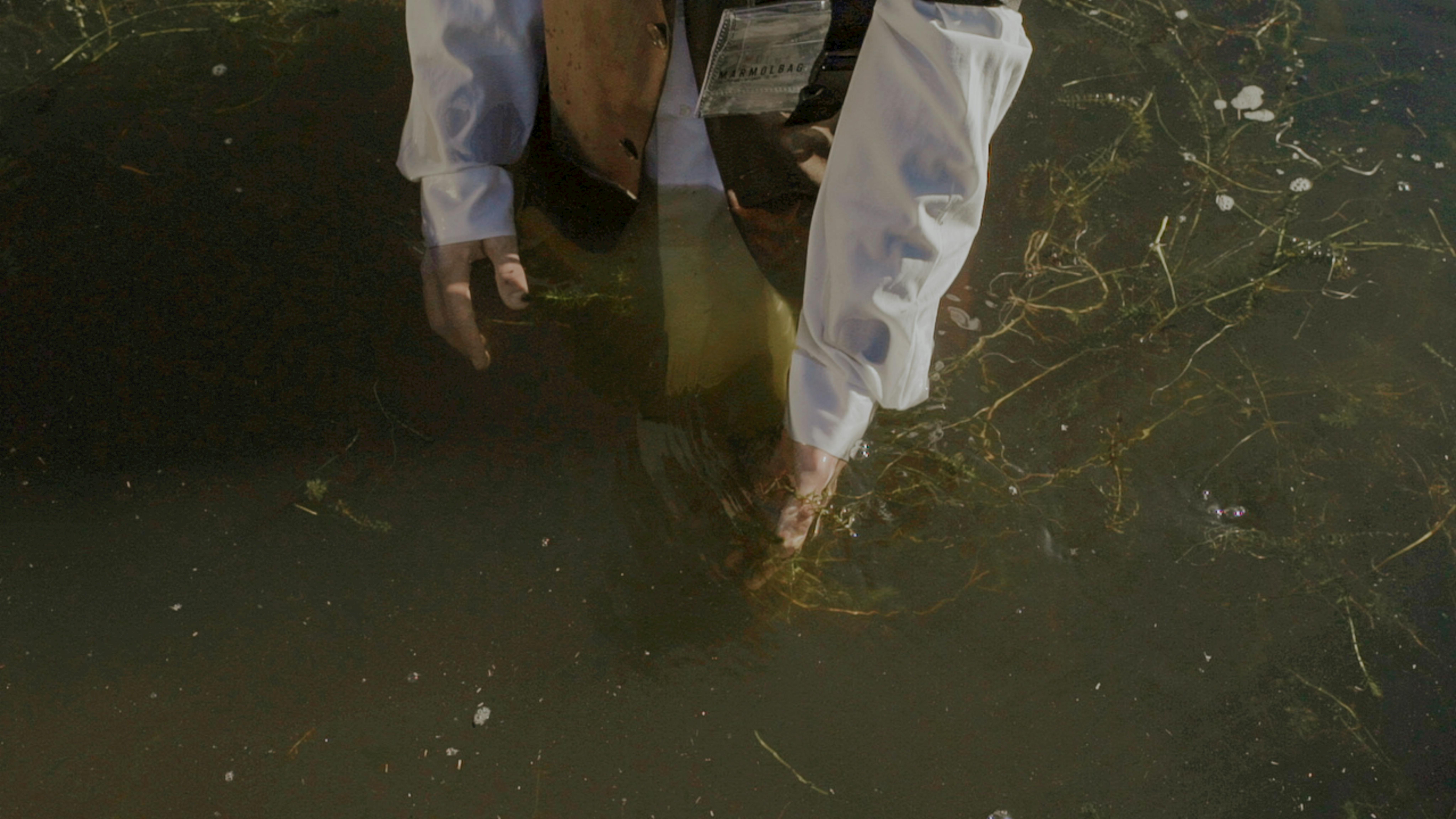20th September 2023
The Nature Conservation Council of New South Wales (NCC), the states’ leading environmental advocacy organisation, has today labelled the biodiversity and environment ‘missing’ from the budget.
“Given the scale of the environmental crisis we’re in, spending 1.67% of the budget on the environment is inadequate” Dr Brad Smith, acting CEO said today.
“The budget forecasts a surplus of over $800 million next year. However, the climate and environmental deficit is continuing to soar.”
“Overall, environmental spending is mostly unchanged from the 22/23 budget. This includes the Saving our Species program, the Biodiversity Credits Supply Fund, the Sustainable Farming accreditation program, Environmental Trust and Biodiversity Conservation Trust.
“The real impact of this on the ground is that environmental indicators will continue to decline.”
“With over 1000 species on the threatened list, our environment challenges are growing, but funding to solve them is not.”
Six months in, the Minns government has failed to make the investment necessary to halt the extinction crisis, protect endangered species, and bring our ecosystems back from the brink of collapse.
Koalas
The exception for environment in this budget is koalas, where Labor has allocated with $172 million in additional funding to fulfilling its election commitment to establish the Great Koala National Park ($80 million) and protect koala habitat in south and south-western Sydney ($88 million).
“The Koala Parks are a bright spot in an otherwise inadequate budget. Now the challenge is to ensure the Great Koala National Park isn’t logged to the ground before it’s protected.
Renewable Energy
It’s a mixed bag for climate and energy, with investment in renewable energy infrastructure overshadowed by the risk of public handouts for the Eraring coal-fired power station.
“The government will invest $3.4bn in the next four years in transmission lines to get cleaner, cheaper power flowing to our cities sooner. That’s a welcome and much-needed investment”
“However, we’re concerned that Energy Security Corporation investment is being delayed to the second half of the decade”
“There’s a lot the Energy Security Corporation could do to bring on clean energy and storage sooner so that taxpayers aren’t forced to give handouts to Origin Energy’s Eraring coal power station.”
Electric Vehicles
“Families that were ready to purchase their first electric vehicle are clear losers from the budget.
“Removing the stamp duty exemption for electric cars will make it harder for NSW families to upgrade to cleaner cars that are cheaper to run.
“Every new petrol car sold locks in petrol costs and climate pollution for decades.
Native Forests
“The NSW taxpayer will continue to foot the bill for Forestry Corporation to pulp our native forests for woodchips and cardboard. This will include koala, swift parrot and greater glider habitat along the north and south coast, and habitat inside the boundaries of the future great koala national park.
“In addition, this budget contains another $58 million hand out to forestry corporation to undertake road repair work
Protect and restore habitat
“The Henry review of NSW’s Biodiversity and Conservation laws found the survival of biodiversity is impossible without significant change to how we value nature in NSW.
“Future budgets will need to have far more funding to rein in the declining health of our ecosystems.
Water
It was a welcome sign that Minister Jackson recognised the looming drought, and subsequent need to ensure sufficient water for people and the environment. While some of the infrastructure projects are promising, there is no additional spending on environmental water in the budget.
We are also concerned that an emphasis on infrastructure fails the recognise that this can never deliver the same results as ensuring real water is returned to the environment.
Active transport
The treasurer made a point that the Government is doubling the state-wide investment in active transport infrastructure, i.e. cycling and walking paths. However, an additional $60 million is insignificant compared to the total transport infrastructure spend if $72 billion.
“Far more transport funding should go to active transport. It’s the healthiest and environmentally friendliest way to get around.
Statement ends








